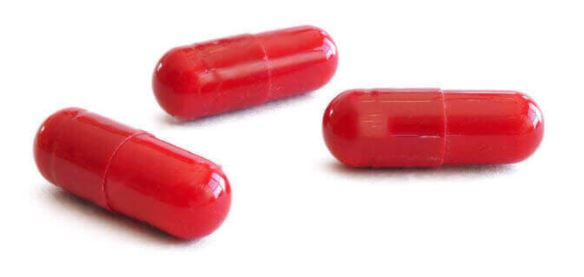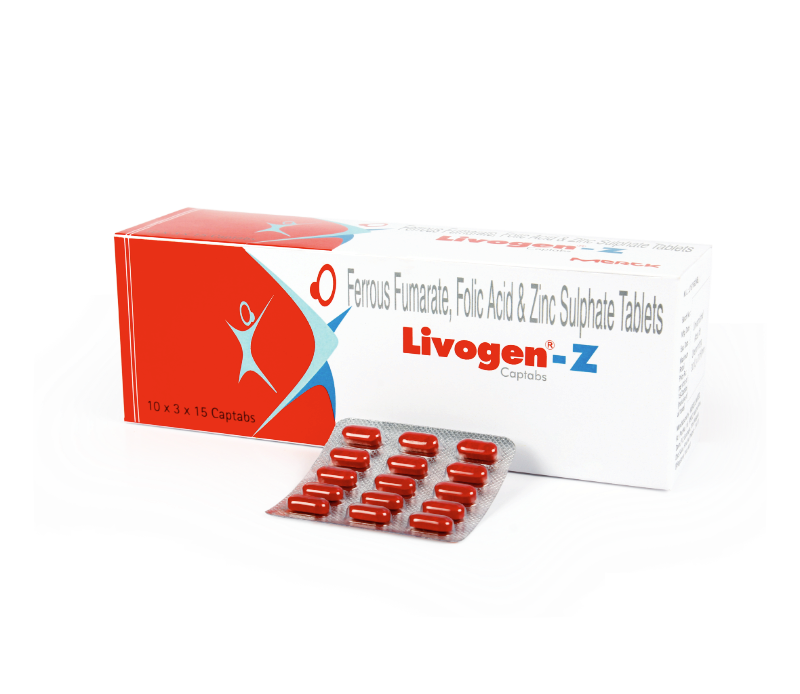CONTROLLING THE SIDE EFFECTS
It is normal to notice dark coloured bowel movements when you are taking iron. Sometimes iron supplements can cause indigestion, constipation diarrhea or nausea.22 The risk of these side effects increases with higher dosages. These common side effect may plague up to 20% of patients and limit compliance with iron therapy.
Recent evidence suggests that lower doses of iron are preferred to high doses in non-urgent cases so as to avoid iron overload, tolerance issues and impacting compliance. Your doctor may recommend that you start with a smaller dose of iron and gradually increase the dose to minimize side effects.
Slow-release (enteric-coated) forms of iron are usually not recommended, though they may have fewer side effects because they aren't absorbed as well by the body.23


